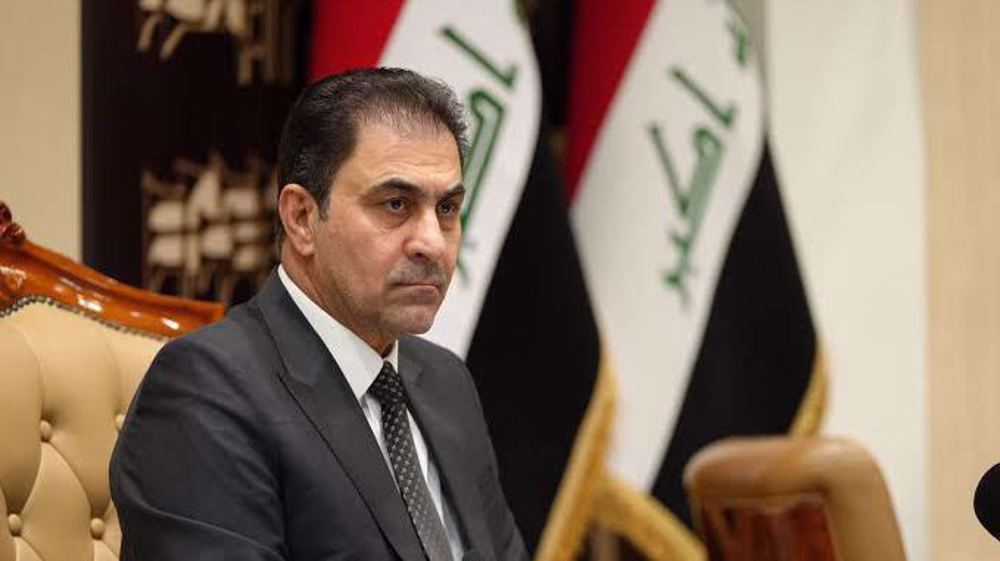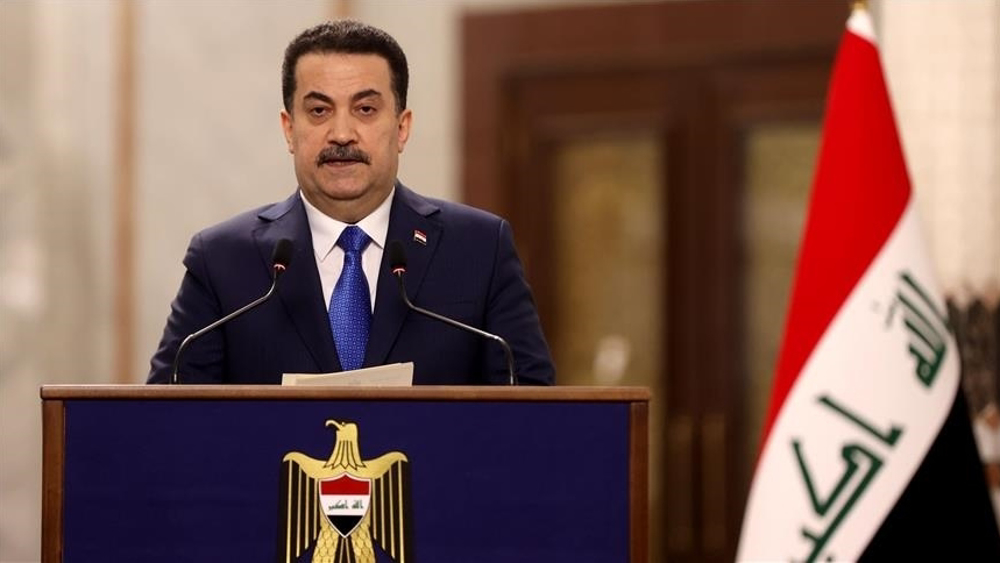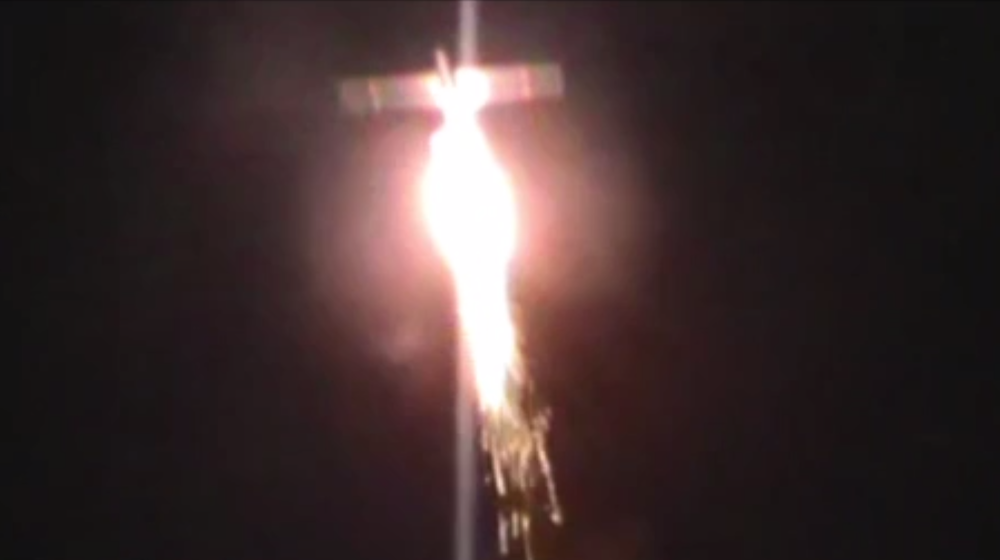Kurdish official: Post-Daesh Iraq should be split in three
A senior Iraqi Kurdish official says Iraq should be divided into three separate entities once Takfiri Daesh terrorists are defeated, alleging it was necessary to prevent further sectarian bloodshed.
Masrour Barzani, the head of the Iraqi Kurdistan's security council and the son of regional head Massoud Barzani, said on Thursday that Iraq should be divided based on ethnic and sectarian lines, with a state given to Shia Muslims, Sunnis and Kurds each.
“Federation hasn’t worked, so it has to be either confederation or full separation,” Barzani said, adding, “If we have three confederated states, we will have equal three capitals, so one is not above the other.”
Barzani has made similar calls in the past, which have been met with strong opposition by the central government in Baghdad.
Over the past few years, Iraq’s Kurdish region has attempted to increase its semi-autonomy by constructing an independent oil pipeline to Turkey and conducting oil exports without coordination with Baghdad.
The autonomous region has also maintained military, intelligence and business ties with Israel.
Responding to the latest remarks by Barzani, a prominent Sunni lawmaker in the Iraqi parliament warned against plots to partition Iraq, which is currently fighting Daesh and other foreign-backed militants.
Hassan al-Shwerid, a Sunni MP who heads the parliamentary panel on foreign relations, said in Baghdad that any plan to divide Iraq along ethnic or sectarian lines could ignite more violence and inflict destruction.
“Dividing Iraq means more destruction, more violence and more wars,” he said.
Shwerid said Iraq's partition would be difficult to implement, saying Sunnis are scattered all over Shia-majority Iraq and demarcating the boundaries of any Sunni entity could set off a new wave of strife.
Several rights groups have reported that Kurdish fighters in Iraq and Syria were looting houses of non-Kurds and expelling their residents in the areas liberated from Daesh and other Takfiri militants.
Some Western countries and their allies in the Middle East are said to be actively pursuing a plan to partition Iraq and Syria.

On Wednesday, the Syrian government said French and German forces are present in northern Syria, condemning it as an act of "aggression."
The Syrian Foreign Ministry said French and German forces are deployed alongside US military personnel to Ain al-Arab, also known as Kobani, and Manbij, which are populated by Kurds.
However, Turkey, a major US ally in the Middle East, has opposed independence for a Kurdish state in northern Iraq or neighboring Syria.
In a speech to his ruling AK Party in parliament, Prime Minister Binali Yildirim said Tuesday that Turkey wouldn't allow the formation of new states in Syria.
Ankara and Washington have long been at loggerheads over the role of the US-backed Syrian Kurdish militia.
Turkey says the Kurdish groups supported by the US are terrorist organizations affiliated with the outlawed Kurdistan Workers’ Party (PKK); but the US sees them as partners.
Iran is also strongly opposed to the partitioning of Iraq or Syria.
In May, Ali Akbar Velayati, a senior adviser to Leader of the Islamic Revolution Ayatollah Seyyed Ali Khamenei, said that Iran opposed "any plot" to split up Iraq and Syria, warning it would spread insecurity across the region.
VIDEO | Israeli forces storm West Bank’s Jenin again, target civilians
Iran activates advanced centrifuges after IAEA's 'unjust' resolution
VIDEO | Press TV's news headlines
Iran FM: Response to Israeli aggression 'inevitable'
VIDEO | Iran eases the rules for exporting hand-woven carpets
VIDEO | Intl. Day for the Elimination of Violence against Women: A stark reminder of Gaza women
Australia denies ex-Israeli minister Shaked visa
VIDEO | 85% of Yemeni displaced people face daily hunger crisis















 This makes it easy to access the Press TV website
This makes it easy to access the Press TV website